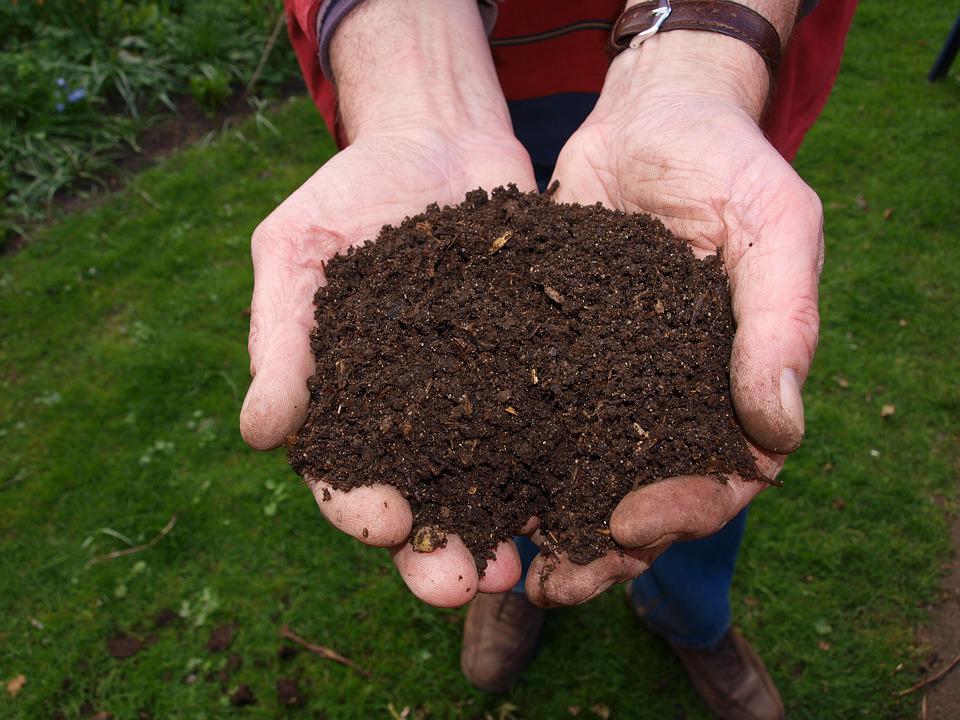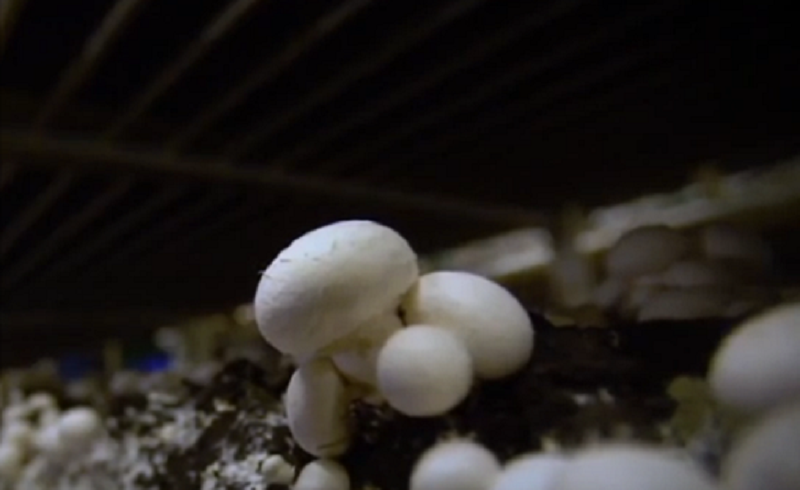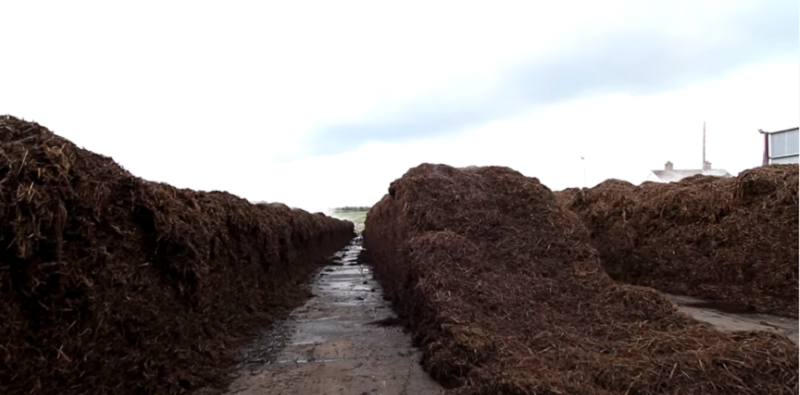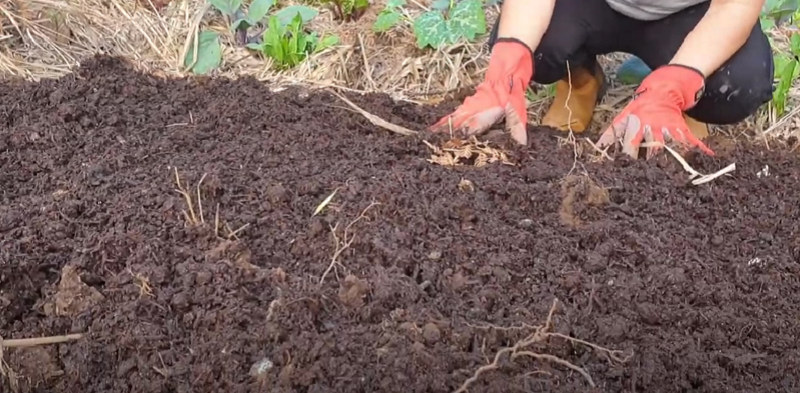This article discusses about Things You Need to Know About mushroom Composting Before You Buy Any Plants. Mushroom compost is a wonderful source of nutrients to use in your garden and also to use in growing mushrooms. You can buy it from many organic farms, but you can also make your own. It’s easy to do, and it’s a fun project for the whole family. All you need to make your own mushroom compost is:

There are two types of compost. One type is called mushroom compost, which is also known as mushroom compost tea. It is a very important soil amendment that will help you grow mushrooms. The other type is garden compost, which is used to enrich the soil. Compost can be purchased online. Composting can be done using a compost bin. Some people also use compost heaps. You can find a lot of information on the Internet about the different kinds of composts. The compost bins can be made using plastic containers with lids, wooden boxes, or clay pots. These are also known as compost heaps.
Read : How To Grow Frangipani Tree From Cutting
Composting, also known as the practice of creating a nutrient-rich soil from food waste, is beneficial to gardeners. According to Wikipedia, “A compost heap is any pile of organic material where decomposition occurs naturally through bacteria, earthworms and insects, but may be hastened by mechanical turning of the contents.” In general, “The advantages of composting include improved soil structure and fertility, reduction in the need for chemical fertilisers, and the ability to reuse green waste.”
The Benefit of mushroom compost

Mushroom composting, or the practice of composting used mushroom bedding and waste in order to recycle the substrate into a compost that can be applied to gardens or agricultural crops. Composting provides several benefits, including recycling organic material and reducing waste disposal costs.
One of the greatest benefits of mushroom compost is its ability to act as a soil amendment. If you haven’t seen this before, you may have heard of composting. Composting is a process that involves breaking down organic material (like leaves, grass clippings, and manure) into a useful form. This process is used to improve the quality of the soil. So, when you put in compost, you’re improving the soil, which improves your plants and results in healthier vegetables.
Composting is a great way to recycle food scraps, but the resulting compost doesn’t always perform as well as it could. There are many factors that influence compost quality, and mushrooms are one of those factors. Mushroom compost is considered the best type of compost because of its ability to hold onto nitrogen (a major component of healthy soil) longer than other types of compost.
How to make mushroom compost

There are many things you can do to promote healthy plants, but one of the most important factors is compost. Compost provides nutrients to plants, and it helps prevent soil-borne diseases such as blight and powdery mildew. While there are lots of composting materials you can use, there’s one that stands out above the rest: mushroom compost. Here’s why.
One of the easiest ways to make a rich compost pile is by using mushroom compost. Mushrooms have plenty of nitrogen and phosphorous, and other nutrients, that will help the compost pile get going. Make sure you have a compost bin that is at least five inches deep to hold all of the compost. Start building the compost bin at least three weeks before you plant your garden. It’s important to wait until the soil has warmed up because the moisture level needs to be just right. Add 5 to 10 pounds of mushroom compost to every 100 square feet of your garden. You should also add some kind of mulch that will help keep the compost moist and prevent weeds from growing. This will be the best compost for your garden.
Mushroom compost is a very good fertilizer for plants

Mushroom compost is a very good fertilizer for plants. It is especially useful for those who want to grow their own vegetables. You can make some yourself by mixing different kinds of organic waste such as grass clippings, sawdust, and straw with wood ash. This can then be spread on the soil as a fertilizer. It is important to use mushroom compost in moderation, however, because too much of it can damage your soil and lower its ability to hold water. Always follow the instructions that come with your mushroom compost. Some of these instructions include how to use the compost. Other tips include whether you should apply it in spring or fall, and if so, how often you should apply it. You also need to remember that mushroom compost needs time to break down.
But there is kind of plant that don’t like mushroom compost here are some of them :
Cranberries
Mushroom compost doesn’t mix well with cranberries, and the result isn’t very good. If you have a large cranberry bog, it would be better if you put the mushrooms in another area of your bog. You can also use mushroom compost that has been mixed with wood chips. You can also add some sawdust or pine needles to it. It would still work fine for cranberries. Cranberries grow best in acid soil and its not suitable for mushroom compost
Blueberry
Some plants, like blueberries, cannot tolerate the presence of certain kinds of fungi. For example, mushroom compost can cause blueberry plants to wilt. That is why it is better to use mushroom compost if you have blueberry plants. You might be able to find mushroom compost at your local nursery or farm. They may offer some for free. You can plant the plants right after you receive them.
Read : Learn How to Grow Cardamom from Seeds for planting
There is no doubt about the fact that mushrooms play an important role in the life of plants. Without them, there would be nothing left on earth. However, some plants don’t like certain kinds of mushroom compost. These plants include blueberry, blackberry, raspberry, and strawberry plants. Their leaves turn yellow and wither. If you don’t use mushroom compost for your plants, make sure that you do so. If you do not use mushroom compost, then the pH level in your soil will be too high. It can cause the plants to wilt and die. If you use a commercial fertilizer, make sure that it is mushroom compost-free. Some fertilizers also contain harmful chemicals. These chemicals can be harmful for your plants.